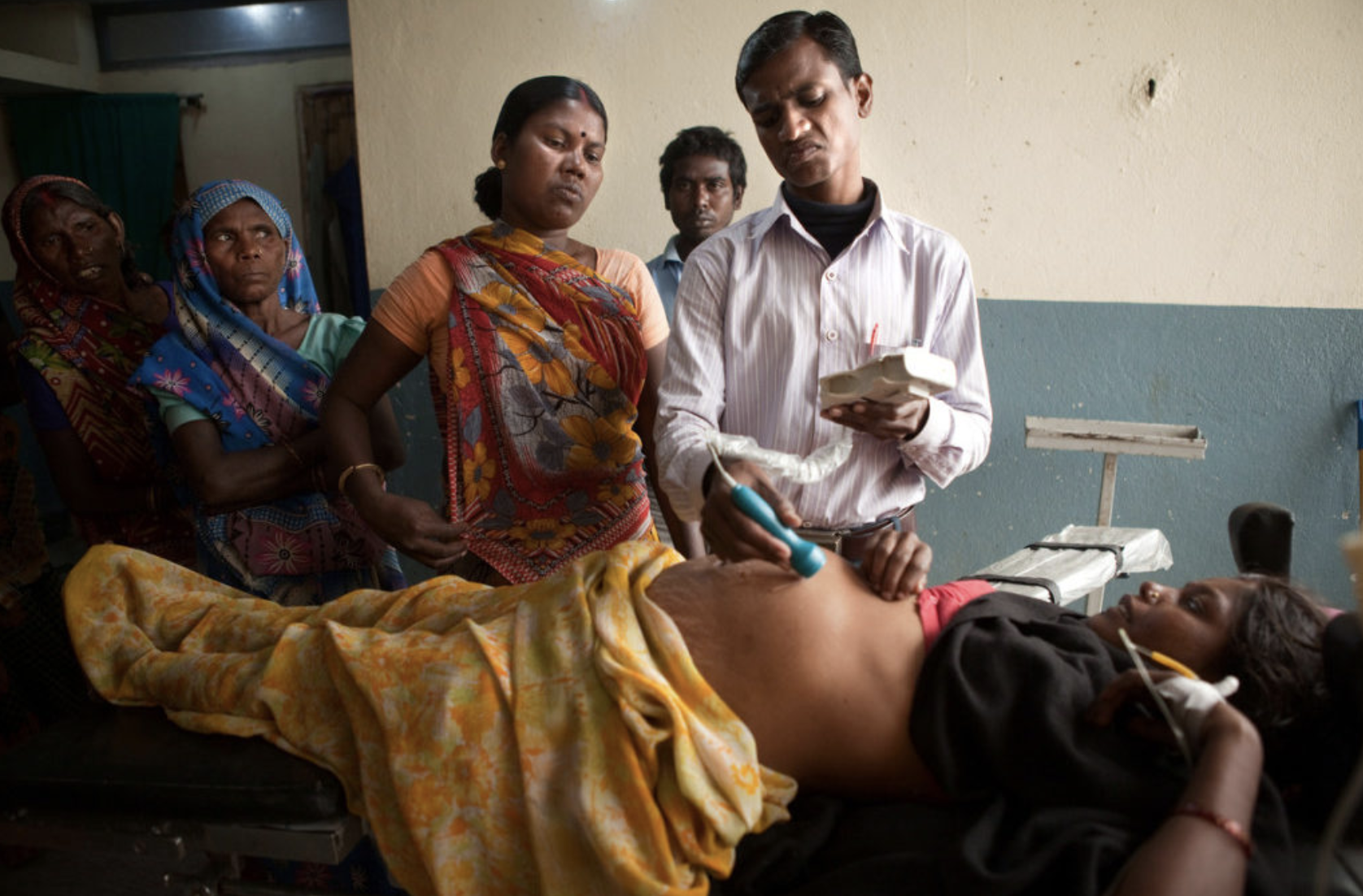
Written By Hermine
Midwifery Today
Equality for Midwives
In 2010, the European Court of Human Rights affirmed that the human right to private life includes the right to choose the circumstances of giving birth. In Ternovszky v. Hungary (2010), the human rights tribunal made clear that this right includes the choice between giving birth with a midwife or with a doctor, at home or in the hospital.
Birth India
HUMAN RIGHTS BEYOND SURVIVAL
Childbirth as a physiological process is powered by hormones, and those hormones are strongly affected by the birthing woman’s emotions, which are in turn affected by her perception of whether she is giving birth in a safe environment (1). In order to feel safe during labor, a birthing woman needs to know that she is supported—by her family, by her community, and by her healthcare system. Decades of global research have demonstrated that families and nations do better when women are empowered and supported, including in their role as mothers.
Pathways to Family Wellness
Informed Consent In Childbirth
Across the United States and around the world, people are waking up to the fact that obstetric care could do better for women and babies. The ever-increasing imposition of expensive technological, pharmaceutical, and surgical interventions in pregnancy and childbirth does not result in better outcomes. Life-saving technologies are great when they save lives. However, their use in cases when they are unnecessary is not only inefficient, but risky.
Science Direct
The Mothers on Respect index
Abuse of human rights in childbirth are documented in low, middle and high resource countries. A systematic review across 34 countries by the WHO Research Group on the Treatment of Women During Childbirth concluded that there is no consensus at a global level on how disrespectful maternity care is measured.
Springer Link
Rights and Realities in U.S. Maternity Care
The global shift toward rights-based, patient-centered healthcare is giving rise to a paradigmatic reconsideration of human and reproductive rights in maternal healthcare. In recent years, international human rights bodies, the World Health Organization, and national NGOs have devoted increased attention to the implication of national and international human rights laws for the treatment of women during childbirth.





